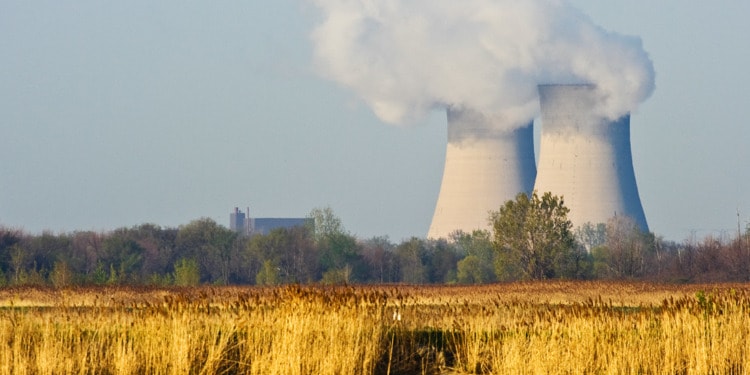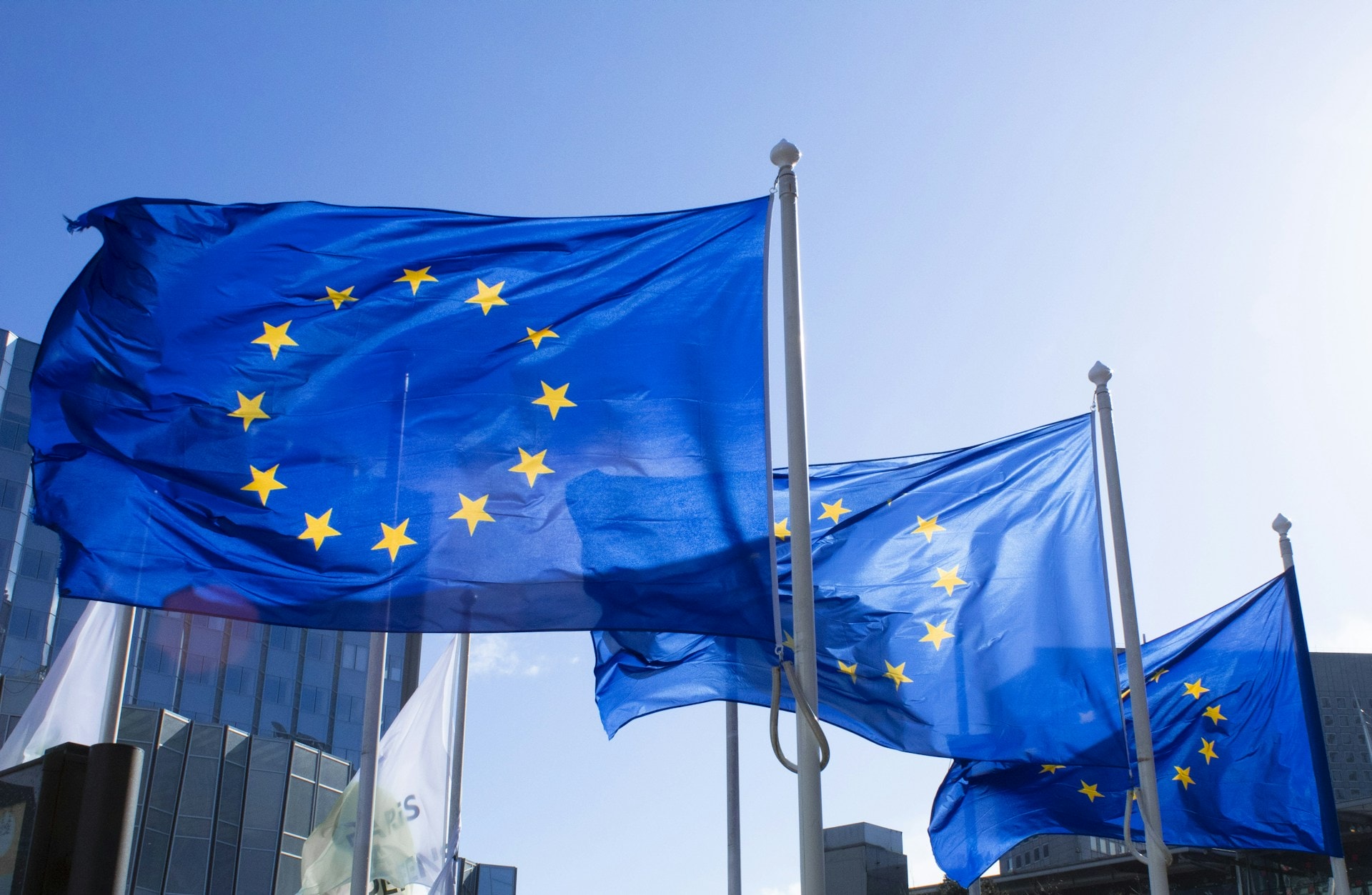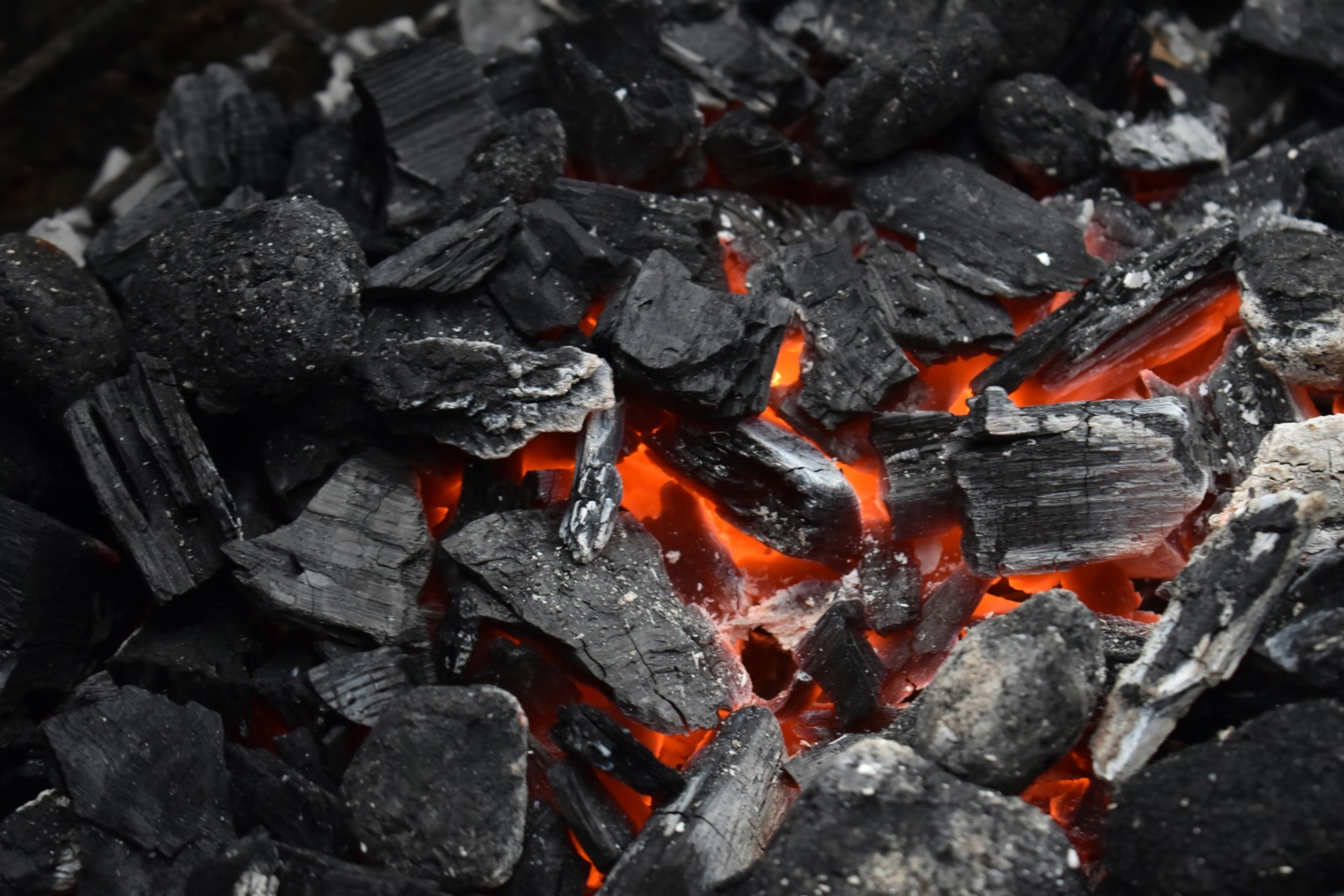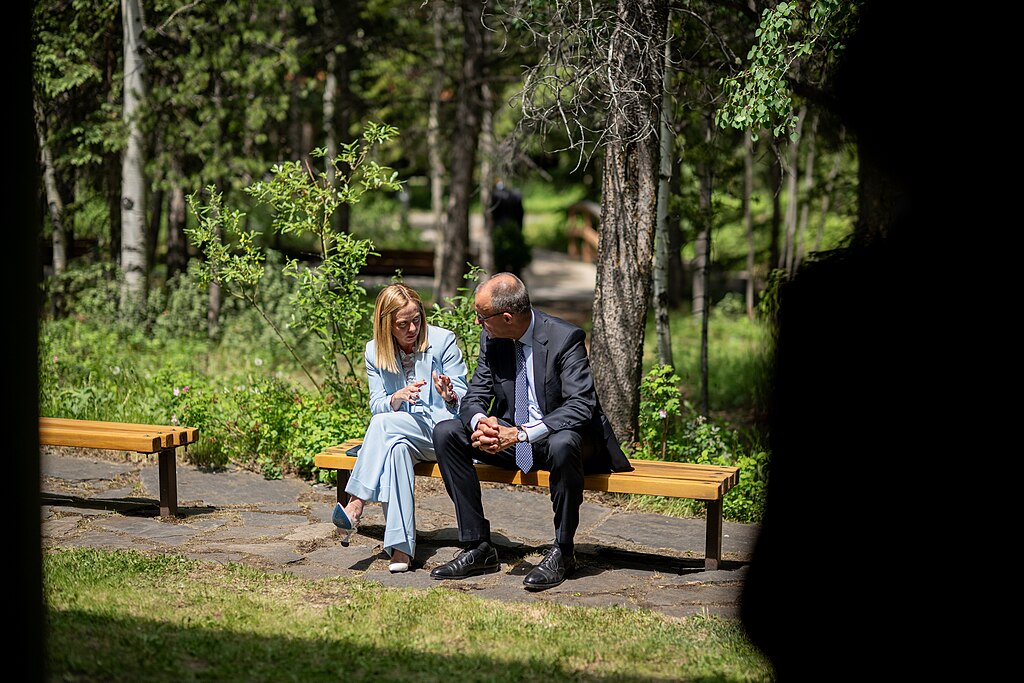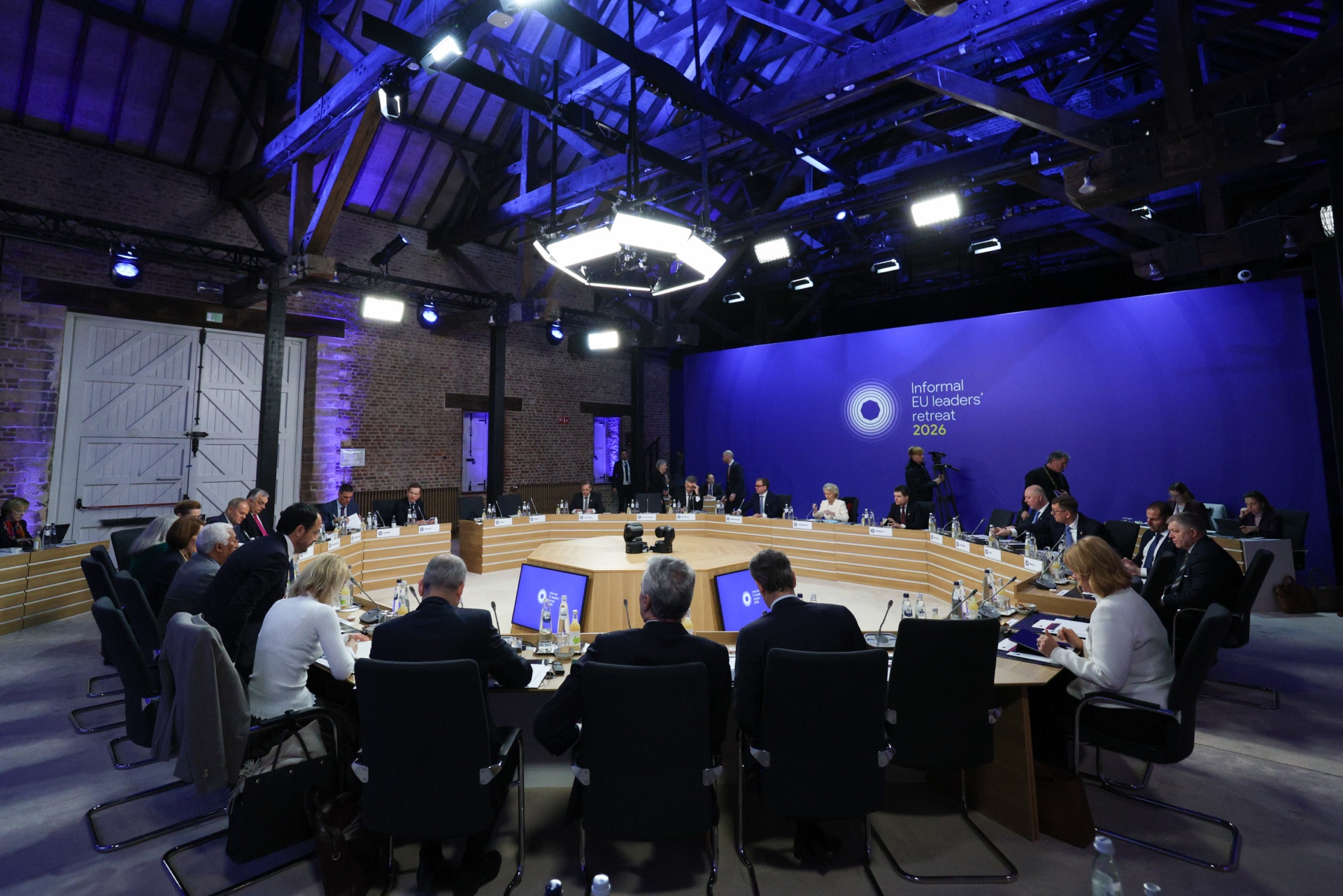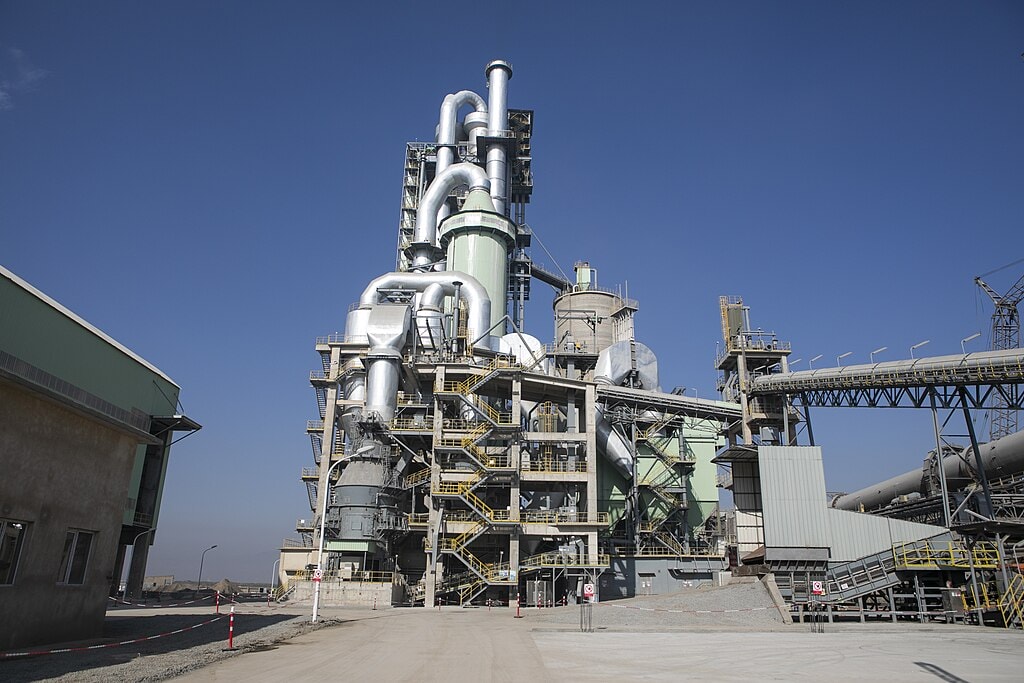The European Parliament backed EU rules labelling investments in gas and nuclear power plants as climate-friendly: 278 MEPs voted in favour of the resolution, 328 against and 33 abstained.
The new rules will add gas and nuclear power plants to the EU “taxonomy” rulebook from 2023, enabling investors to label and market investments in them as green.
As the European Commission believes there is a role for private investment in gas and nuclear activities in the green transition, it has proposed the classification of certain fossil gas and nuclear energy activities as transitional activities contributing to climate change mitigation.
What is the EU taxonomy?
The EU taxonomy is a classification system, establishing a list of environmentally sustainable economic activities. It could play a role in helping the EU scale up sustainable investment and implement the European Green Deal. The EU taxonomy provides companies, investors and policymakers with appropriate definitions for which economic activities can be considered environmentally sustainable.
The objection to including nuclear and gas in this EU taxonomy is that it makes investment in those areas appear as legitimately sustainable and thus opens the door to a flood of funding that might have otherwise gone to “purely” green energy.
Scientists, environmental activists and even a large part of the investment management industry have criticised gas and nuclear getting a green label.
Gas emits less CO2 than coal when burned, and some countries lobbied hard for the taxonomy to incentivise gas investments to help them phase out coal. The invasion of Ukraine by Russia, Europe’s main gas supplier, has intensified that debate.
Nuclear energy does not release any harmful greenhouse gases when it is generated, but the construction of a conventional nuclear power plant may result in some emissions and critics worry about the risk of nuclear accidents and how to store radioactive nuclear waste.
Luxembourg and Austria, which both oppose nuclear power, have warned against labelling gas as green, saying they would challenge the law in the EU’s top court: they have signalled that they plan to pursue a legal challenge to the inclusion of the two energy sources in the taxonomy.
“It is neither credible, ambitious nor knowledge-based, endangers our future and is more than irresponsible,” Austrian climate minister Leonore Gewessler said. “It’s completely clear that both nuclear energy, and fossil gas have nothing to do with sustainability,” she added.
Greenpeace immediately said it will submit a “formal request for internal review to the European Commission, and then take legal action at the European Court of Justice if the result isn’t conclusive.”
“It’s dirty politics and it’s an outrageous outcome to label gas and nuclear as green and keep more money flowing to (Russian President Vladimir) Putin’s war chest, but now we will fight this in the courts,” said Ariadna Rodrigo, Greenpeace’s EU sustainable finance campaigner.
With the EU aiming to reach climate neutrality by 2050, and to cut greenhouse gas emissions by at least 55% by 2030, the Commission says the classification system is crucial to direct investments into sustainable energy.
If neither the European Parliament, nor the Council objects to the proposal by 11 July 2022, the Taxonomy Delegated Act will apply as of 1 January 2023.
Editor’s Note: The opinions expressed here by Impakter.com columnists are their own, not those of Impakter.com — In the Featured Photo: Nuclear Power Plant. Featured Photo Credit: Flickr.com


